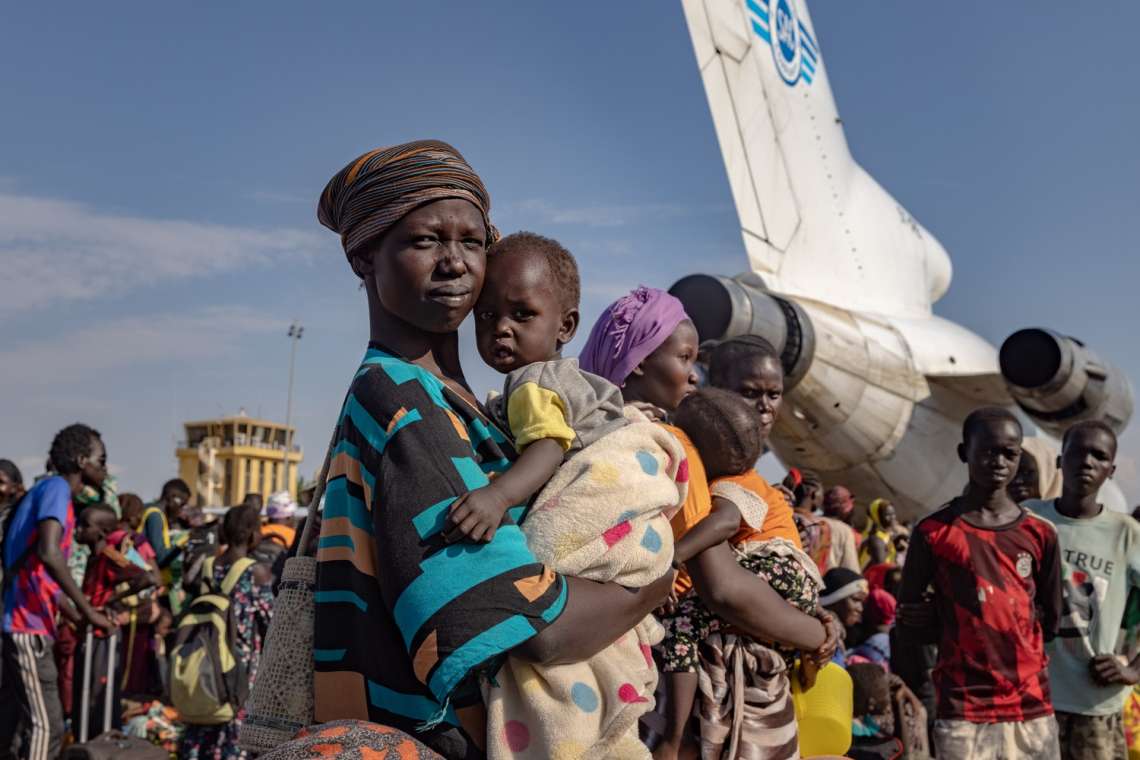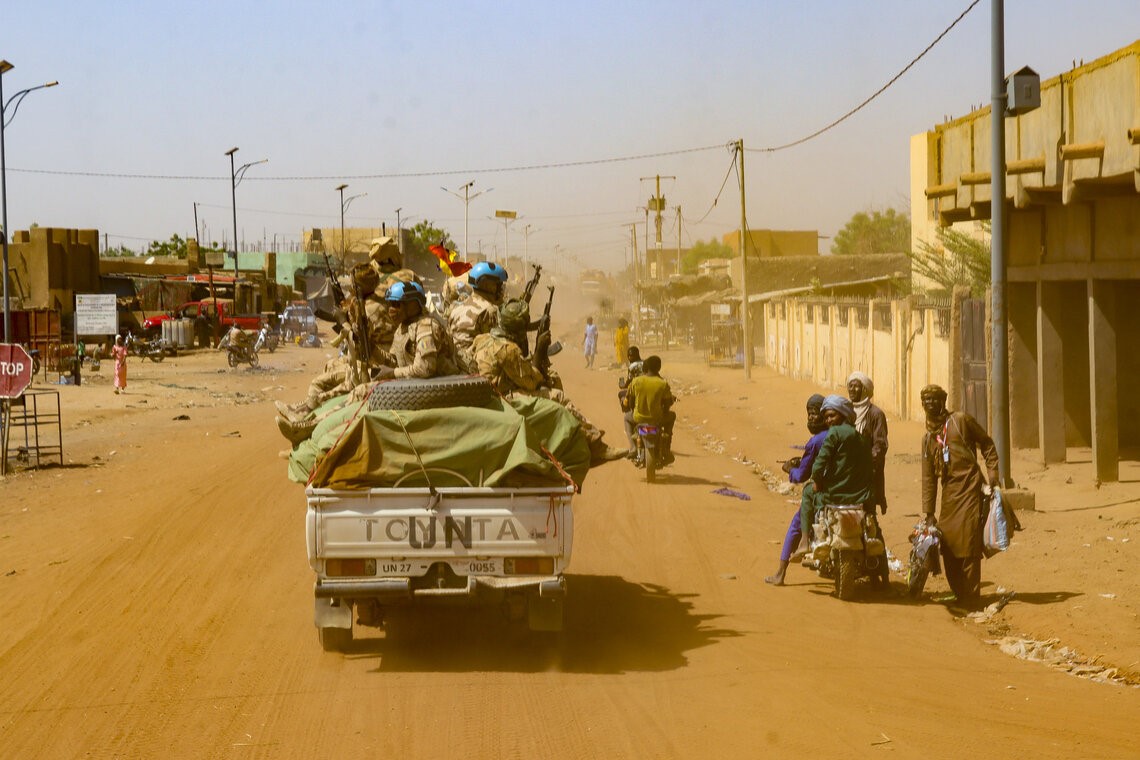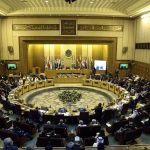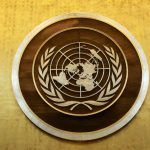The UN has recorded seven million people displaced across Sudan, which, combined with the lack of good harvests, means hunger stalks large parts of the country…reports Asian Lite News
The World Food Programme warned on Wednesday that Sudan faces a “hunger catastrophe” if it cannot deliver regular food aid there, eight months after fighting erupted between rival generals.
“Parts of war-ravaged Sudan are at a high risk of slipping into catastrophic hunger conditions by next year’s lean season,” the WFP said in a statement.
It said this could happen if the UN agency is unable to expand access and deliver regular food assistance to people trapped in conflict hotspots including the capital Khartoum.
On April 15, army chief Abdel Fattah Al-Burhan and his former deputy Mohamed Hamdan Daglo, who commands the paramilitary Rapid Support Forces (RSF), turned their guns on each other.
Two years after the former allies jointly engineered a 2021 coup that derailed a fragile democratic transition, their power struggle has killed more than 12,190 people, according to a conservative estimate by the Armed Conflict Location & Event Data Project.
The United Nations has recorded seven million people displaced across Sudan, which, combined with the lack of good harvests, means hunger stalks large parts of the African country.
The vast Darfur region in the west and Kordofan in the south, as well as the capital Khartoum, where the conflict first erupted, are at risk.
“Nearly 18 million people across Sudan are facing acute hunger … more than double the number at the same time a year ago,” the WFP said on Wednesday.
A new food analysis for Sudan, “once described as East Africa’s future breadbasket,” the statement said, “shows the highest levels of hunger ever recorded during the harvest season (October through February), typically a period where more food is available.”
On Sunday, the head of the UN’s humanitarian response in Sudan told AFP the world body had been able to reach only a fraction of the nearly 25 million people needing aid.
But assistance to even those four million could soon stop if the chronic lack of funding continues, Clementine Nkweta-Salami said in an interview.
WFP Country Director and Representative in Sudan Eddie Rowe said on Wednesday it was urgently calling “on all parties to the conflict for a humanitarian pause and unfettered access to avert a hunger catastrophe.”
However, getting the warring parties to negotiate remains difficult, and both sides have been blamed for breaking truces agreed in the past.
And on December 1, at the request of the Sudanese authorities, the UN Security Council ended the world body’s political mission in the country.
The United Nations Integrated Transition Assistance Mission in Sudan was put in place in 2020 to help support a move to democracy following the fall the previous year of veteran Islamist autocrat Omar Al-Bashir.
Meanwhile, Sudan’s paramilitary Rapid Support Forces battled the army outside the central city of Wad Madani on Saturday, pressing an attack that has opened a new front in the eight-month-old war and forced thousands to flee, witnesses said.
Crowds of people — many of whom had taken refuge in the city from violence in the capital Khartoum — could be seen packing up their belongings and leaving on foot in video posted on social media.
“The war has followed us to Madani so I am looking for a bus so me and my family can flee,” 45-year-old Ahmed Salih told Reuters by phone.
“We are living in hell and there is no one to help us.” He said he planned to head south to Sennar.
Sudan’s army, which has held the city since the start of the conflict, launched air strikes on RSF forces to the east of the city, the capital of Gezira state, as it tried to push back the assault that started on Friday, witnesses said.
The RSF responded with artillery and RSF reinforcements were seen moving in the direction of the fighting, the witnesses added.
RSF soldiers have also been seen in villages to the north and west of the city in recent days and weeks, residents said.
The United Nations said 14,000 people had fled the area so far, and a few thousand had already reached other cities. Half a million people had sought refuge in Gezira, mainly from Khartoum.
The Sudanese Doctors Union warned in a statement that hospitals in the area, which had become a humanitarian and medical hub, were emptying out and could be forced to shut.
It also said that more than 340 children and staff relocated from the Maygoma orphanage in Khartoum were in need of urgent help relocating.
The fighting has raised fears for other army-held cities in southern and eastern Sudan where tens of thousands of people have been sheltering. “I urge the RSF to refrain from attacks and for all parties to protect civilians at all costs. Perpetrators of terror will be held accountable,” the US Ambassador to the UN, Linda Thomas-Greenfield, said.
ALSO READ-Gaza Unrest Fuels Sectarian Violence in US, Europe














